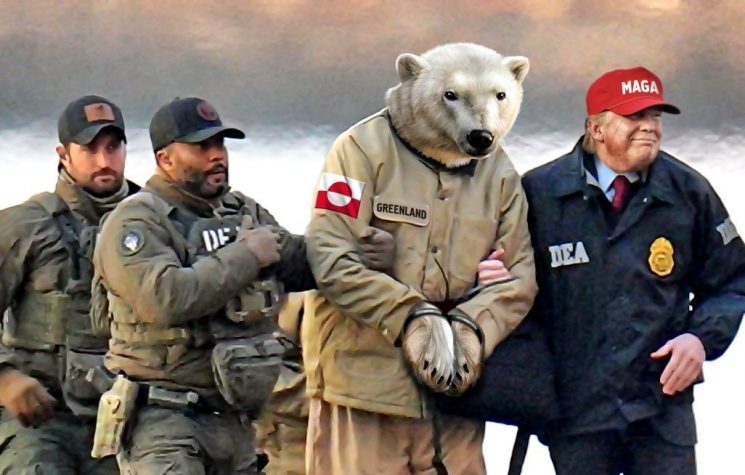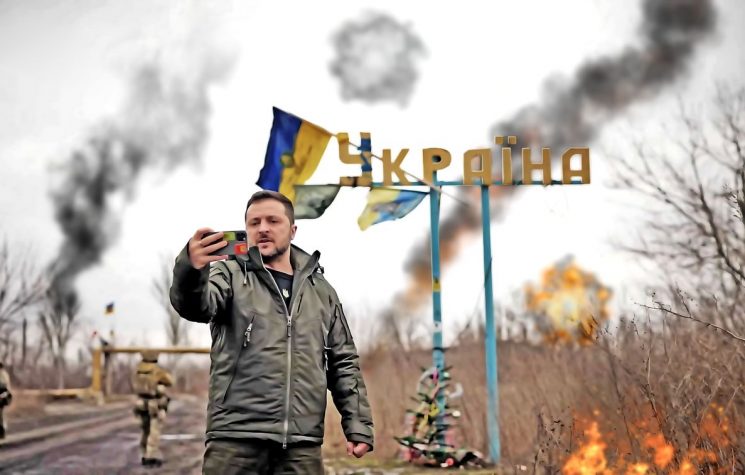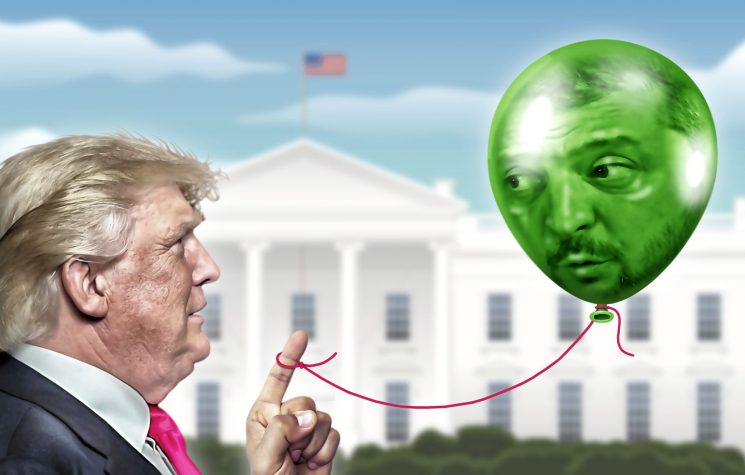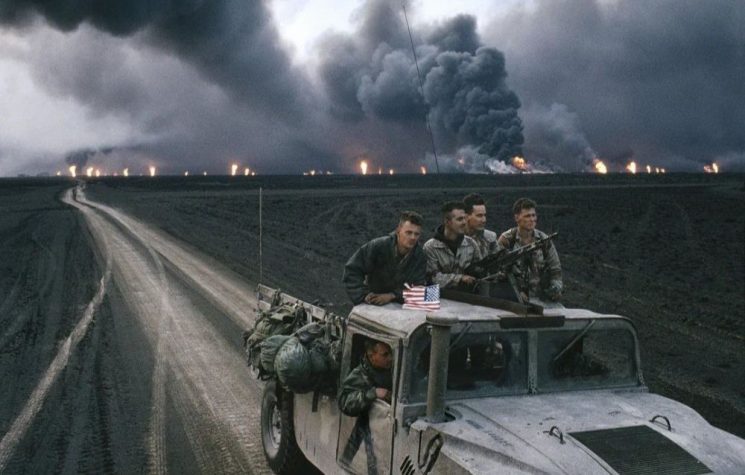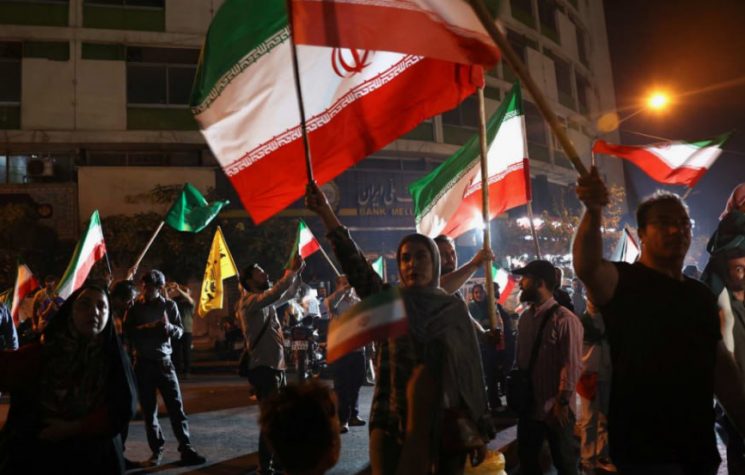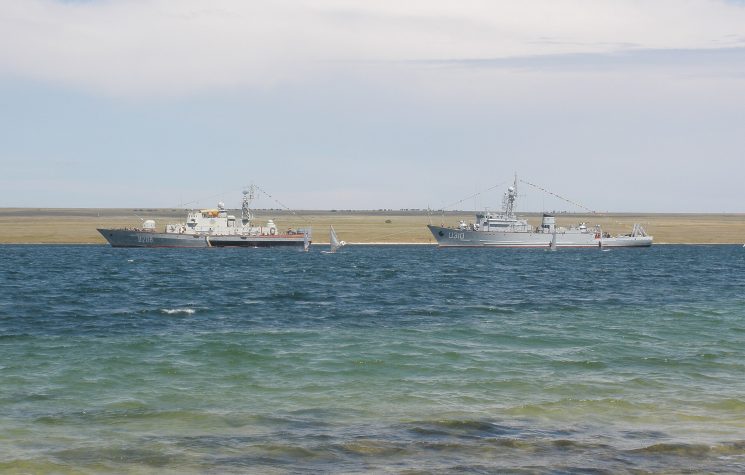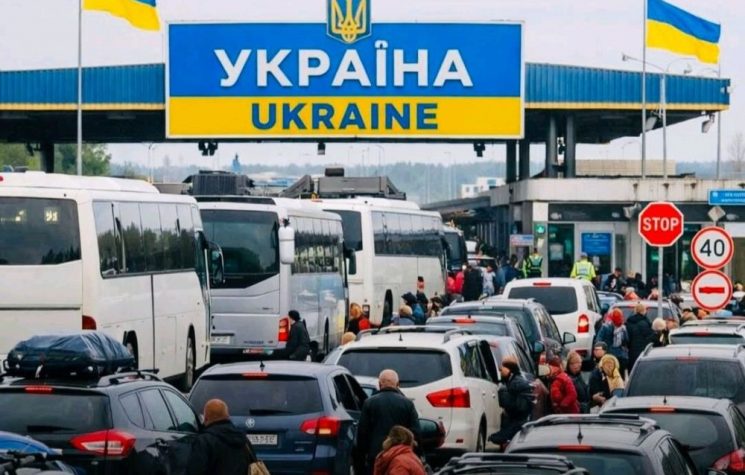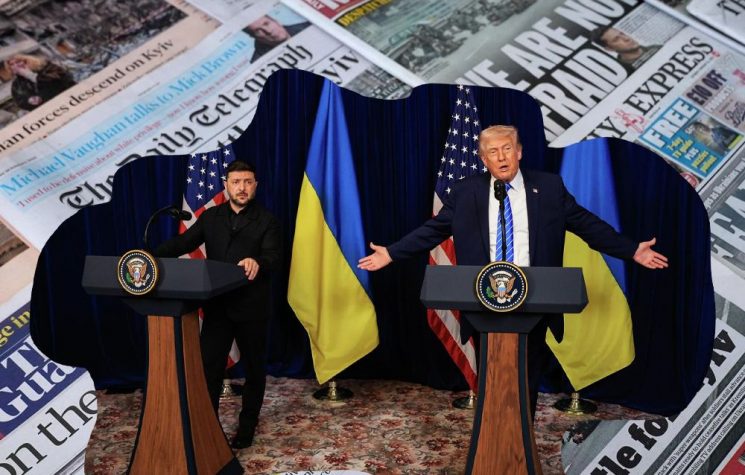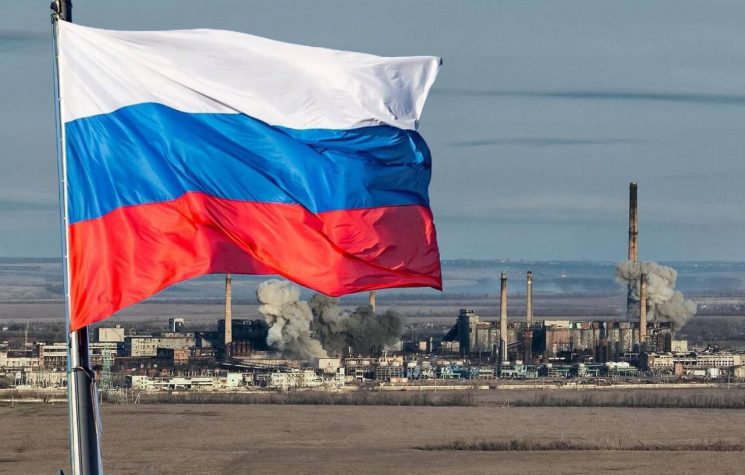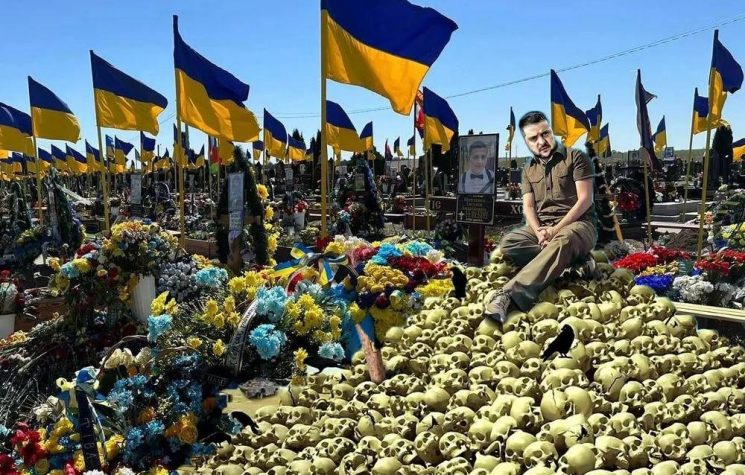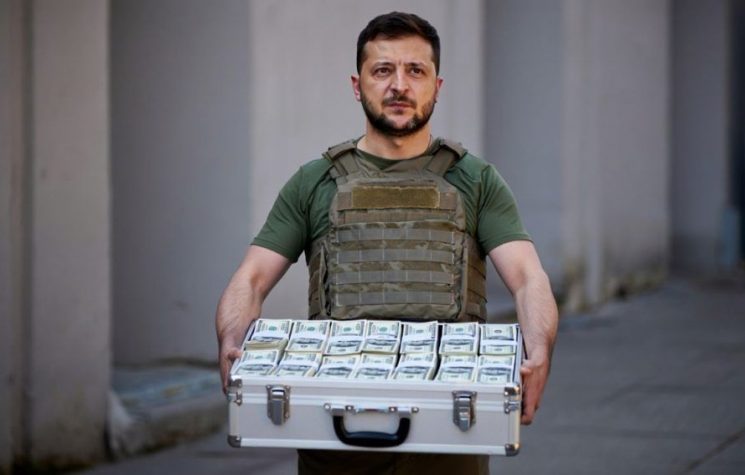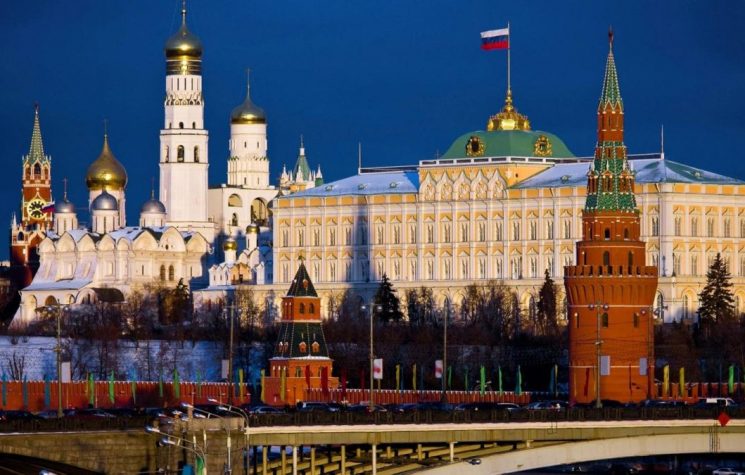What Russia is seeking is a more comprehensive security agreement with the U.S. and NATO for Europe.
The dramatic events in Ukraine this week have a much bigger timescale and background. It is not the culmination and provenance of Western claims of a Russian invasion. Those claims have become more feverish over the past four months. What this is really about is Russian national security concerns continually being ignored or rejected. No more.
Moscow had warned that if its reasonable security proposals were not reciprocated, then there would be “military-technical measures”. Having exhausted the initiative for dialogue and mutual respect, the next phase is the use of more “physical language” to convey meaning to people who seem unresponsive to normal dialogue. It is the Western powers and their arrogant presumption of superiority that are responsible for the impasse and now the repercussions.
For nearly three decades since the dissolution of the Soviet Union in 1991, U.S. imperialism has been on a roll. War after war in country after country – often with the NATO alliance serving as a willing, brutal instrument – the United States has been pursuing a totalitarian objective of “full-spectrum dominance”. Russia has emerged as the target for U.S. and NATO aggression due to it being perceived as an obstacle to American imperial hegemony. Its intervention in Syria to thwart the United States-led covert war for regime change in the Arab country is a classic example.
China is also targeted, perhaps more so because of its global economic ascent challenging decades of American capitalist dominance; as are several other nations who are courageous and principled in not willing to comply with Washington’s presumed global writ. They include Iran, Syria, Venezuela, Cuba, Nicaragua, North Korea, among others.
The United States-backed coup d’état in Ukraine in 2014 – assisted by NATO and the European Union – was just one link in a long chain of aggression. But a link that was particularly unacceptable to Russia given the proximity. The coup regime installed in Kiev was animated by extreme anti-Russia and Neo-Nazi politics, facts that are omitted by Western media. This was not an accident. The purpose of the coup was to make Ukraine a catspaw against Russia. The flaunting of possible NATO membership and the prospective installation of American missiles in Ukraine on Russia’s border was a red line for Moscow.
For eight years, the U.S. and NATO-sponsored Kiev regime has waged a genocidal war against the Russian population in the Donbass region of southeast Ukraine. Again, Western media ignored this appalling reality. The hatred and barbarity of Kiev’s “anti-terror operation” were unleashed by Vice President Joe Biden in 2014 during the Obama administration when he was the point man for Washington to Ukraine. By the way, during many visits to that country, Biden also made a lot of profitable shady business for his son on the side.
For eight years, Russia appealed for a political settlement to the civil war as mandated by the Minsk peace accords (negotiated in 2014 and 2015). The US-backed Kiev regime repudiated the political path at every step despite the accords being authorized at the highest international level by the United Nations Security Council.
What was happening in Ukraine over the past eight years partly mirrored what has been happening over the last three decades as the United States and its NATO allies expanded eastwards with increasing military threats to Russia. In December last year, Moscow formulated its long-held concerns into proposals for a Europe-wide security arrangement that would enshrine a legally binding treaty covering the prohibition on further eastward expansion of NATO.
Those proposals were rejected out of hand by Washington and its European allies. Their rejection also repudiated past written commitments to the principle of indivisible security under the auspices of the Organization for Security and Cooperation in Europe.
What’s more, the United States and NATO powers began flooding Ukraine with offensive weapons under the cynical guise of “defense”. This resulted in the Russophobic Kiev regime stepping up its aggression towards the Russian population in the Donbass region.
On Monday this week, Russian President Vladimir Putin declared his country’s recognition of the self-declared republics of Donetsk and Lugansk. Putin said the move should have been done a long time ago, but that the delay was due to Moscow’s attempt at urging the Kiev regime to implement the Minsk accords. Due to the West turning a blind eye, the Minsk peace deal was systematically violated. In short, killed.
Russia, therefore, had no choice but to recognize the independence of the Donetsk and Lugansk People’s Republics (DPR and LPR). It was a matter of fact that the Kiev regime was neither a legitimately constituted sovereign authority nor willing to enter into any kind of negotiated peace with the Donbass population. Indeed, due to callous Western support, including tonnes of new weapons and military trainers from several NATO powers, the Kiev regime forces were increasing the shelling of the separatist region. A bloodbath was unfolding as of last week.
When Putin declared recognition of the DPR and LPR as independent states that automatically conferred Russia’s military support for their security. The declaration was followed by a demand on Kiev to cease its military offensive on the Donbass. That demand was ignored and the deadly shelling continued.
This objective context puts U.S. and European rhetoric about “sovereignty” and “territorial integrity” into proper perspective. Their pious talk is empty and disingenuous. How dare they lecture given their sordid and blood-stained history of mutilating countless nations’ sovereignty, including that of Ukraine with the violent coup in 2014.
A NATO-backed anti-Russia regime on Russia’s doorstep attacking Russian people is clearly unacceptable. The volume of NATO weapons flowing into Ukraine over recent weeks was pointing to a larger war footing. Then at the Munich Security Conference last weekend Ukrainian President Vladimir Zelensky dropped the incendiary threat that Ukraine could develop nuclear weapons. Clearly, the security situation for Russia was crashing several red lines.
Of course, the chorus of condemnation from the United States and its Western partners is shot through with hypocrisy. They claim that Russia has “shattered peace in Europe” and they have moved to impose an all-out economic blockade to “strangle the economic functioning of Russia”. The U.S. and NATO have for years trashed international law and the UN Charter with their criminal wars and regime-change operations. Their duplicity and hysterics are adding more layers of confusion to the problem.
Western media have systematically concealed the global problem of U.S. and NATO aggression. The misinformation and disinformation are manifest with claims that Russia is embarked on “a barbaric venture” and “unprovoked war”. To claim “unprovoked” betrays extreme ignorance of the situation.
Russia has for years warned that U.S. and NATO aggression was posing a critical danger to international security and had to stop. The revoking of arms control treaties by the U.S. (the ABM, INF, Open Skies Treaty) and the expansion of missile threats near Russia’s borders were no longer tolerable. Ukraine is really just one element of the bigger picture. But this week, Russia has moved finally to stop the aggression. It is a historic watershed.
Moscow says that its aim is to deNazify and demilitarize an illegitimate NATO-backed regime in Kiev. It says it has no intention to occupy Ukraine. As of this writing, Moscow has indicated it is open to negotiating as it always has been. What Russia is seeking is a more comprehensive security agreement with the U.S. and NATO for Europe.
More widely, the United States must also end its belligerent ideological view of Russia and China as enemies. The U.S. has to come to terms with a multipolar world order in which its unilateral diktat is no longer tenable, legally, politically, or morally. That is the ultimate challenge for international peace and security.













